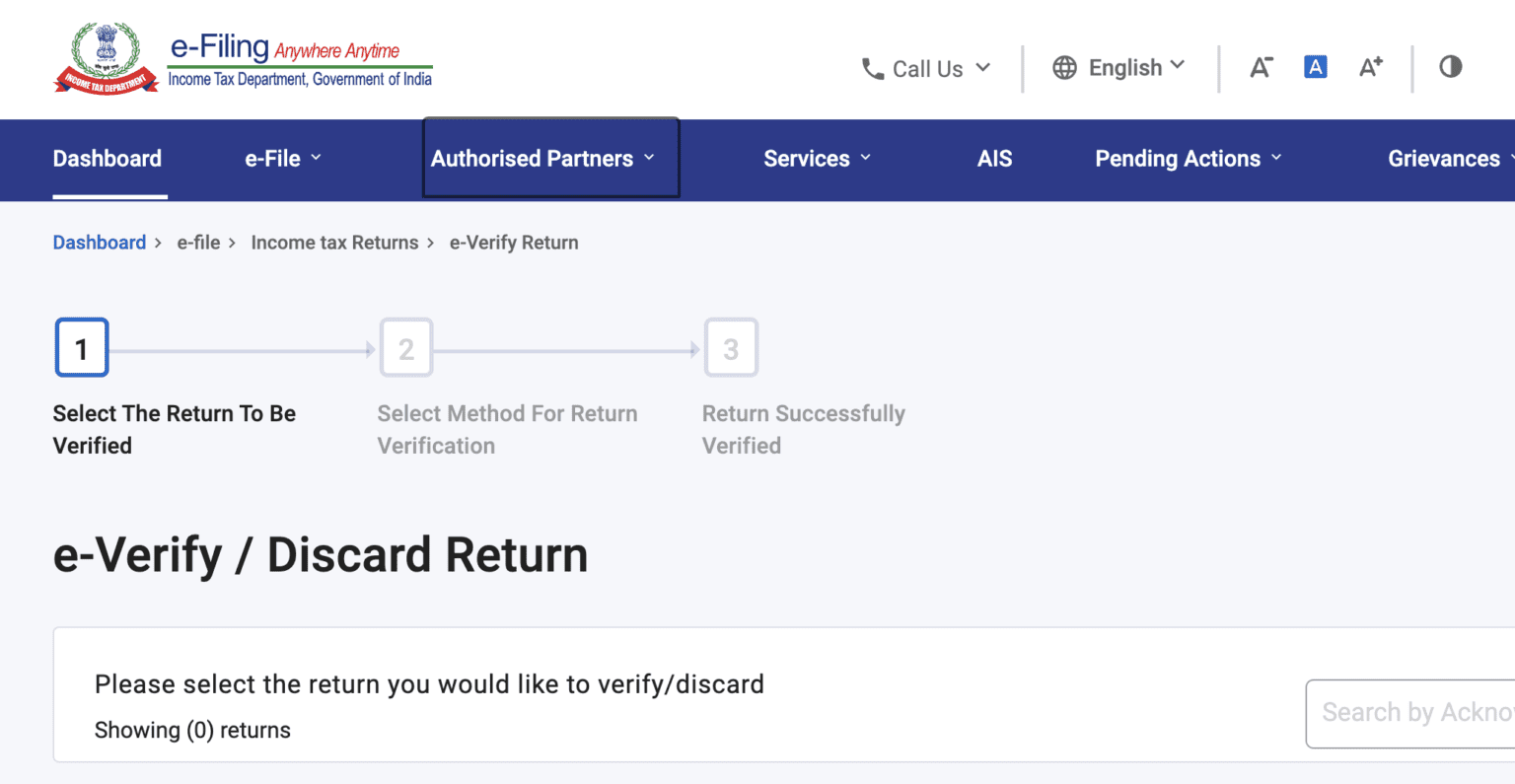Internal financial controls is applicable in India and is a crucial aspect of corporate governance. The Companies Act, 2013 mandates the establishment and maintenance of adequate internal financial controls by companies. Additionally, the (SEBI) has also issued guidelines and regulations for listed companies to strengthen their internal control systems.
The concept of IFCs is crucial for promoting transparency, accountability, and integrity in financial operations.
- Companies covered: Internal financial control requirements apply to all companies registered under the Companies Act, 2013, including both private and public companies.
- Reporting requirements under Companies Act 2013: Section 134(5)(e) of the Companies Act, 2013 mandates that the Board of Directors of a company should include a statement which states that the company has adequate internal financial controls in place and that they have been operating effectively in their annual report,.
- Statutory auditors’ role: The statutory auditors of the company are responsible for evaluating the effectiveness of internal financial controls over financial reporting (IFC-FR) and reporting any material weaknesses or deficiencies found during the audit.
- SEBI guidelines: Listed companies in India are required to comply with the SEBI (Listing Obligations and Disclosure Requirements) Regulations, 2015. These regulations mandate the formulation and implementation of internal financial control systems for listed entities.
- Corporate governance requirements: Good corporate governance focus on the importance of internal financial controls to ensure transparency, accountability, and the prevention of fraud and mismanagement.
- Internal controls framework: Companies may adopt internationally recognized frameworks for internal controls, such as the COSO (Committee of Sponsoring Organizations of the Treadway Commission) framework, to establish and evaluate the effectiveness of their internal financial controls (ifcs).
- Internal Control over Financial Reporting (ICFR): ICFR is a component of internal financial controls that focuses specifically on financial reporting. It involves processes and controls that aim to ensure the accuracy, completeness, and reliability of financial statements.
- Risk Assessment: Companies in India need to conduct a risk assessment activity to identify and evaluate potential risks that could impact the achievement of their financial objectives. The risk assessment helps in designing effective control measures to mitigate these risks.
- Segregation of Duties: A fundamental principle of internal control is the segregation of duties. Segregation of duties ensures that no single individual has control over multiple stages of a financial transaction, which reduce the risk of fraud and error.
- Documentation and Review: Indian companies must maintain proper documentation of their internal financial controls and review them periodically. Regular monitoring and evaluation help identify weaknesses or gaps in the controls and allow for timely corrective actions.
Listed Companies: SEBI mandates that listed companies in India comply with the Listing Obligations and Disclosure Requirements (LODR) regulations, which include requirements related to IFCs. Listed companies need to disclose information on their IFC framework and submit quarterly reports on the status of IFCs to stock exchanges.
Eligibility Criteria of Internal Financial Controls (IFCs)
As per Companies Act 2013 Internal Financial Control is applicable to all the companies, Ministry of Corporate Affairs has issued notification dated 13th June 2017 in relation to Exemption from Internal Financial Control ton basis of specified criteria to following companies i.e :
- One person Company (OPC) or a Small Company; or
- Company whose turnover less than Rs. 50 Crores as per latest audited financial statement or aggregate borrowings from banks or financial institutions or any body corporate at time during the financial year less than Rs. 25 Crore.
Industry Parameters w.r.t Internal Financial Controls
Internal financial controls (IFCs) is applicable to various types of companies which come in ambit of companies act 2013 specified criteria to implement it and organizations like government entities, non-profit organizations, and other entities involved in financial operations.
Here are some key areas where IFCs are typically applied:
- Companies: Internal financial controls are applicable to all types of companies, including private companies, public companies, listed companies, and foreign companies operating in India. The Companies Act, 2013 mandates that companies establish and maintain adequate IFCs.
- Banks and Financial Institutions: Banks and financial institutions have to comply with specific regulations and guidelines related to internal controls, risk management, and financial reporting. The Reserve Bank of India (RBI) issues guidelines to ensure robust internal control systems in banking and financial sectors for effective internal financial control.
- Government Entities: Implementation of IFC i.e internal financial controls is must for Government entities, including central and state government departments, public sector undertakings (PSUs), and statutory bodies, are required to ensure proper financial management, accountability, and compliance with relevant laws and regulations.
- Non-Profit Organizations: NGO i.e Section 8 Companies also need to ensure internal financial controls to effectively manage their financial resources, maintain transparency, and comply with regulatory requirements.
- Listed Companies: Listed companies on stock exchanges in India are subject to additional requirements regarding IFCs. The Securities and Exchange Board of India (SEBI) mandates listed companies to comply with the Listing Obligations and Disclosure Requirements (LODR) regulations, which include specific provisions related to IFCs.
- Small and Medium-sized Enterprises (SMEs): While there may be variations in the scale and complexity of IFCs based on the size of the organization, SMEs are encouraged to implement internal controls suitable for their operations to ensure financial integrity, minimize risks, and facilitate growth.
FAQ's
Internal financial controls (IFCs) refer to the policies, procedures, and systems implemented by an organization including companies as specified under companies act 2013 to maintain the accuracy, reliability, and integrity of its financial reporting and safeguard its assets. Internal Financial Controls (IFCs) are to prevent fraud, errors, misstatements in financial statements, and to promote compliance with laws and regulations.
Internal financial controls are essential for several reasons:
- They help organizations in ensuring the accuracy and reliability of financial information.
- They safeguard the organization's assets from misappropriation or misuse.
- They provide assurance to stakeholders, such as investors, creditors, and regulators, regarding the organization's financial reporting.
- They help in complying with applicable laws, regulations, and accounting standards.
- They promote operational efficiency and effectiveness by streamlining financial processes.
Yes, internal financial controls are mandatory in India. The Companies Act, 2013, requires every company to establish and maintain adequate internal financial controls over financial reporting. The Securities and Exchange Board of India (SEBI) also mandates listed companies to comply with specific internal control requirements.
The Board of Directors has a crucial role in ensuring the effectiveness of internal financial controls. Their responsibilities include:
- Oversight: The Board should provide oversight of the internal control framework, including reviewing and approving control policies and monitoring their implementation.
- Risk assessment: The Board should assess and understand the organization's financial risks and ensure appropriate controls are in place to mitigate them.
- Reviewing financial statements: The Board should review and approve financial statements, ensuring they reflect accurate and reliable information.
- Internal control disclosures: The Board should make appropriate disclosures regarding internal financial controls in the company's annual report.
Internal financial controls are assessed through internal audits and external audits. Internal auditors evaluate the design and effectiveness of controls and provide recommendations for improvement. External auditors, appointed by the company's shareholders, review the financial statements and express an opinion on whether they present a true and fair view, including an assessment of internal controls.
- Non-compliance with internal financial controls can have serious consequences, including:
- Financial penalties: Regulators can impose monetary penalties on companies that fail to maintain adequate internal controls at organizations.
- Legal implications: Non-compliance may become reason to legal actions, investigations, and potential liability for the company and its directors.
- Reputational damage: Failure to maintain proper controls can result in reputational harm to the organization, affecting its relationships with stakeholders.











